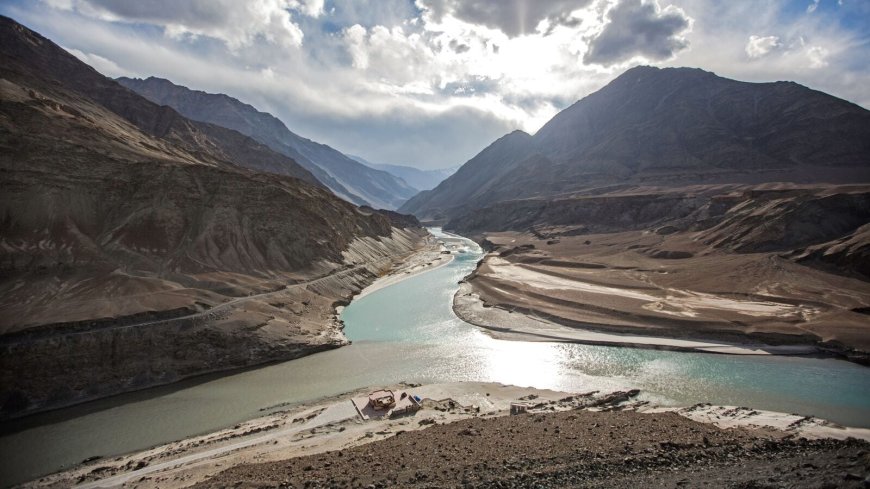Mint Explainer: India puts Indus Waters Treaty on ice—what’s at stake for both sides
From blocking inspections to reshaping dam rules, here’s what India’s Indus Treaty pause enables—and where its limits lie.

Mint Explainer: India Puts Indus Waters Treaty on Ice—What’s at Stake for Both Sides
In a significant diplomatic development, India has decided to place the Indus Waters Treaty (IWT) on hold, prompting widespread analysis and discussion among geopolitical experts and affected stakeholders. The decision to freeze this crucial agreement raises questions about water security, regional stability, and potential long-term ramifications for both India and Pakistan. News by dharmyuddh.com will delve into the implications of this decision and what it means for both nations.
Understanding the Indus Waters Treaty
The Indus Waters Treaty, signed in 1960, is a water-sharing agreement between India and Pakistan, governing the use of water from the Indus River and its tributaries. This treaty has historically been a framework for managing and sharing vital water resources between the two countries. However, tensions between India and Pakistan have seen fluctuations over the years, and the recent decision to 'put the treaty on ice' has sparked concerns over water disputes and regional cooperation.
Implications for Water Security
With India's decision, there are significant implications for the water security of both nations. Pakistan relies on the waters of the Indus and its tributaries for agriculture and daily life. Any disruption to this flow could lead to severe agricultural shortages and exacerbate food insecurity. On the other hand, India’s move indicates a response to ongoing tensions and a desire to exert greater control over shared resources. This shift could lead to a reevaluation of how water resources are managed and shared in times of conflict.
Geopolitical Consequences
The status of the Indus Waters Treaty directly impacts the broader geopolitical landscape in South Asia. As regional powers work to secure their interests, the lake of cooperation could potentially escalate into larger geopolitical tensions. Both countries are navigating an increasingly complex web of alliances, making the management of the IWT essential not just for bilateral relations, but also for stability in South Asia.
Future Prospects and Negotiations
Going forward, it is essential for both India and Pakistan to engage in dialogue regarding the Indus Waters Treaty and explore possibilities for renewed cooperation. Experts suggest that building trust through negotiations could pave the way for sustainable water management and reduce tensions significantly. Engagement and agreement on shared resources may allow both nations to benefit from mutual cooperation while mitigating the risks associated with water scarcity.
Conclusion
In conclusion, India's decision to put the Indus Waters Treaty on hold raises significant stakes for both India and Pakistan, encompassing critical elements of water insecurity and regional stability. As discussions evolve, it will be fascinating to observe how both nations navigate the complexities of this vital treaty to ensure their water needs are met without escalating conflict. For more updates, visit dharmyuddh.com. Keywords: Indus Waters Treaty implications, water security India Pakistan, diplomatic relations South Asia, geopolitical tensions water sharing, agriculture water dispute India Pakistan, treaty negotiations Indus River, regional cooperation water resources







